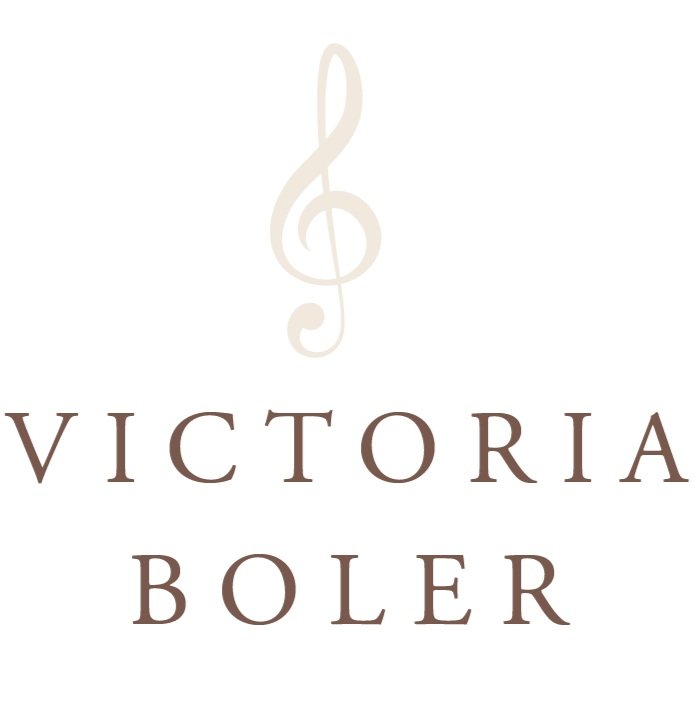Concept Retention Across Several Lessons
When we have several days, a week, or several weeks between lessons, we probably will notice that students need assistance retaining concepts from lesson to lesson.
It can be frustrating to stand at the front of the class and know that you taught something, yet get blank looks back from students. Combine grace with strategies for increasing retention.
This is a continuation of the conversation we had last episode about missing students.
Student Perspective:
Time away with other specialists, sports practice, family events, etc.
We’ve said something multiple times in a row, they’ve heard it once.
Teaching with Presence and Awareness
Often discussed as self-care, but another example of how good teaching is good for everyone, including the teacher.
Teaching with awareness: Have I taught what I set out to teach? Have they done what I expected them to do? (assessment)
To what degree have they done what I expected them to do?
Are we singing the song without assistance?
Are we matching pitch?
Are we keeping a steady beat?
Are we playing the game smoothly?
Sometimes we think students are losing their grasp of concepts between lessons. That’s possible. It’s also possible they don’t have a solid grasp of the concept before we move on.
You’ve heard this song five times this week. They heard it once.
Sometimes it’s on the lesson plan, but we didn’t get to the song because the class was late or got picked up early or we got stuck on something else. A little squiggle in a lesson plan goes a long way!
Clarity on expectations (lesson objectives)
Transitions:
Between lesson segments (connecting with a story, sharing the same rhythmic or melodic pattern, etc.)
Between weekly lessons
One song over several lessons, such as:
Active listening and curious questions
(Add movements or body percussion to the song, “What do you notice?,” analyze the form, count how many times a word is used, etc.)
Students sing a portion
Add the game or a game scaffold
Students sing whole song without assistance
Add an ostinato
Add a partner melody
Transfer the song to instruments
One musical concept over several lessons
Sing songs, play games with the melodic or rhythmic pattern
Move to the melodic or rhythmic pattern
Notice characteristics of the melodic or rhythmic pattern (higher than / lower than, longer than / shorter than)
Notice the melodic or rhythmic pattern in other known songs and games
What Did We Do Last Class?
Explicit review:
Start with the scaffold from the previous class.
Use data observation to decide how far forward to move.
Teaching big concepts in bite-sized, actionable, observable pieces
Students as Student-Teachers
Tell your shoulder partner what we did last class with this song
Remind your shoulder partner how to play this game
What Did We Do Today?
Explicit times to talk about the goals:
Beginning of class
lesson objectives / learning targets / “I Can” statements
After the lesson segment
point out the connection between student actions and the objective
At the end of the lesson
“What did we do today?” “Type this in your brain and click save”
Students as Student-Teachers
Turn to your shoulder partner and tell them why la is on a space if sol and mi are on a line
Turn to your shoulder partner and tell them when we stand still in Alabama Gal
Turn to your shoulder partner and remind them of the highest word in Tideo
We can see how many of these review strategies fall into the category of “just good teaching.”
Long-Range Planning
Teaching more than one concept in a single lesson
First concept
Change of pace
Second concept
Both are in different stages of the learning progression.
The first concept is more exploratory, getting to know the element through play-based activities
The second concept is consciously known, and students are exploring it in many different settings with different skills
Compare with isolated units (episode 37)
I hope the rest of your week is as beautiful as you can possibly make it.

